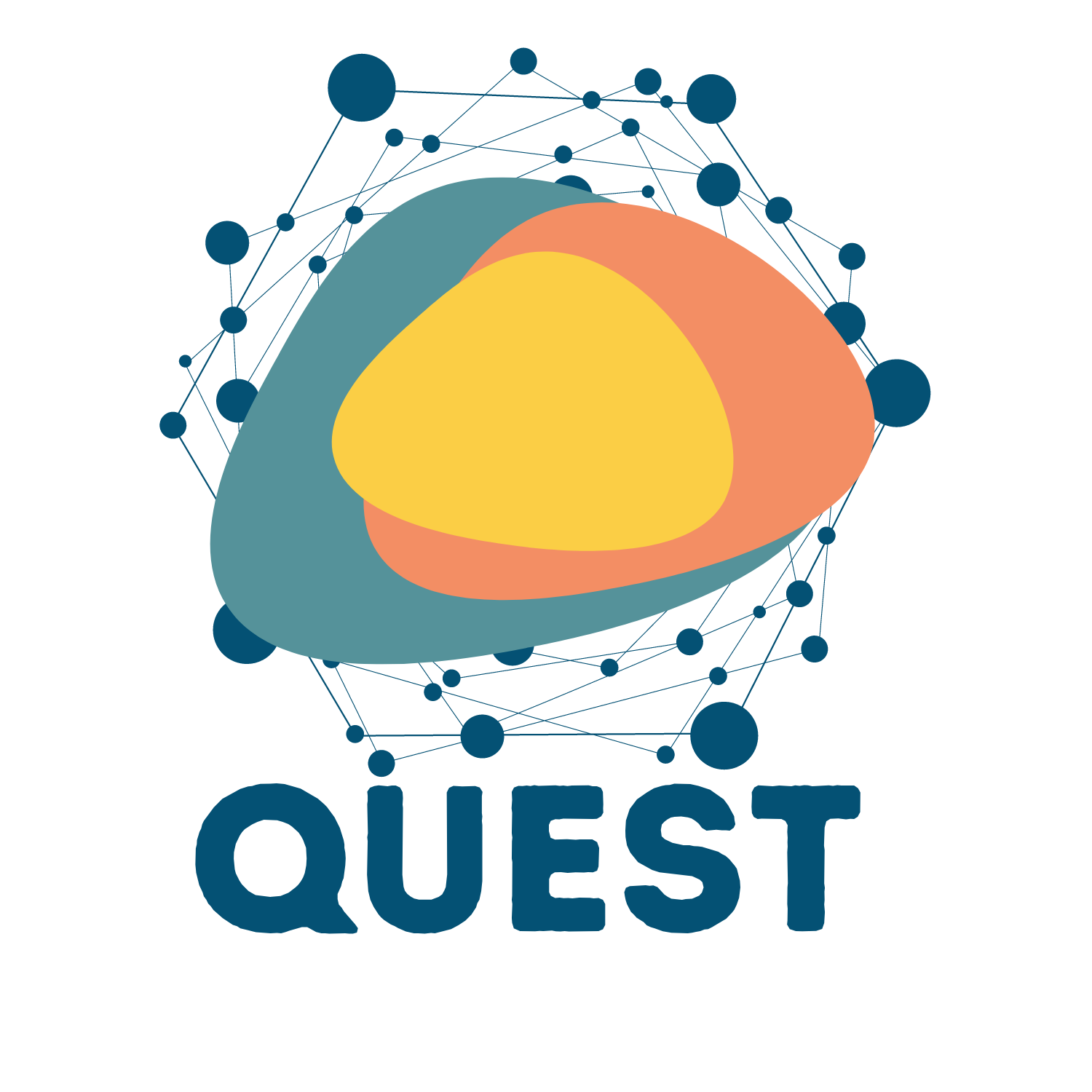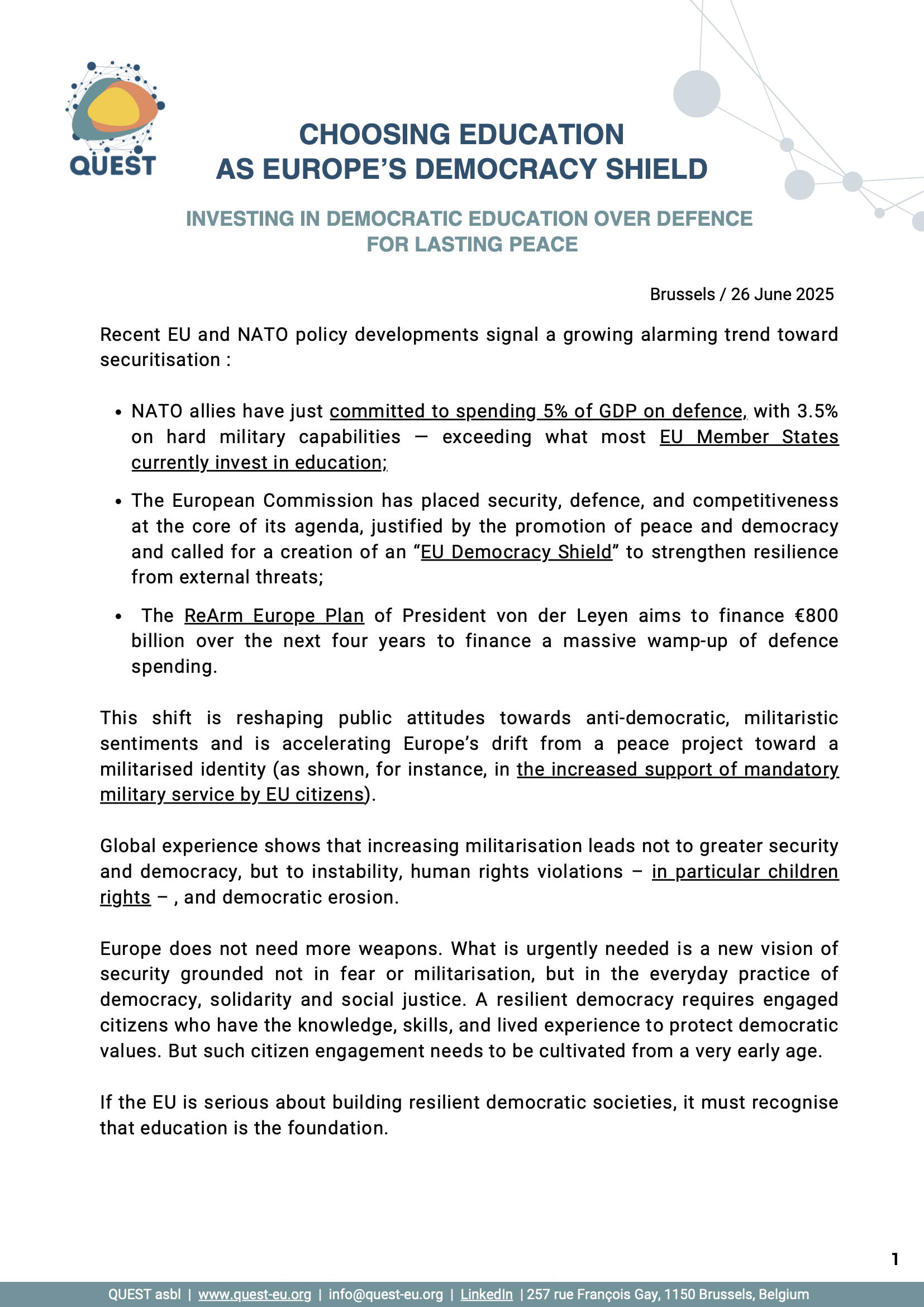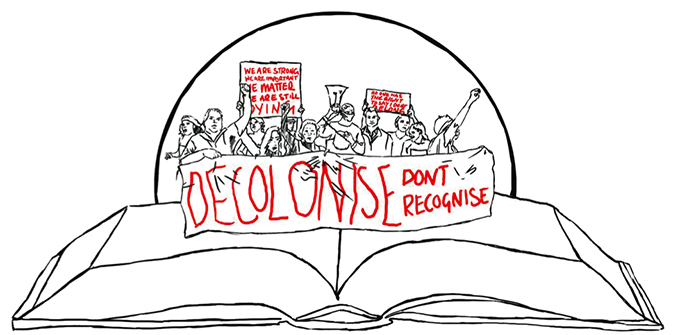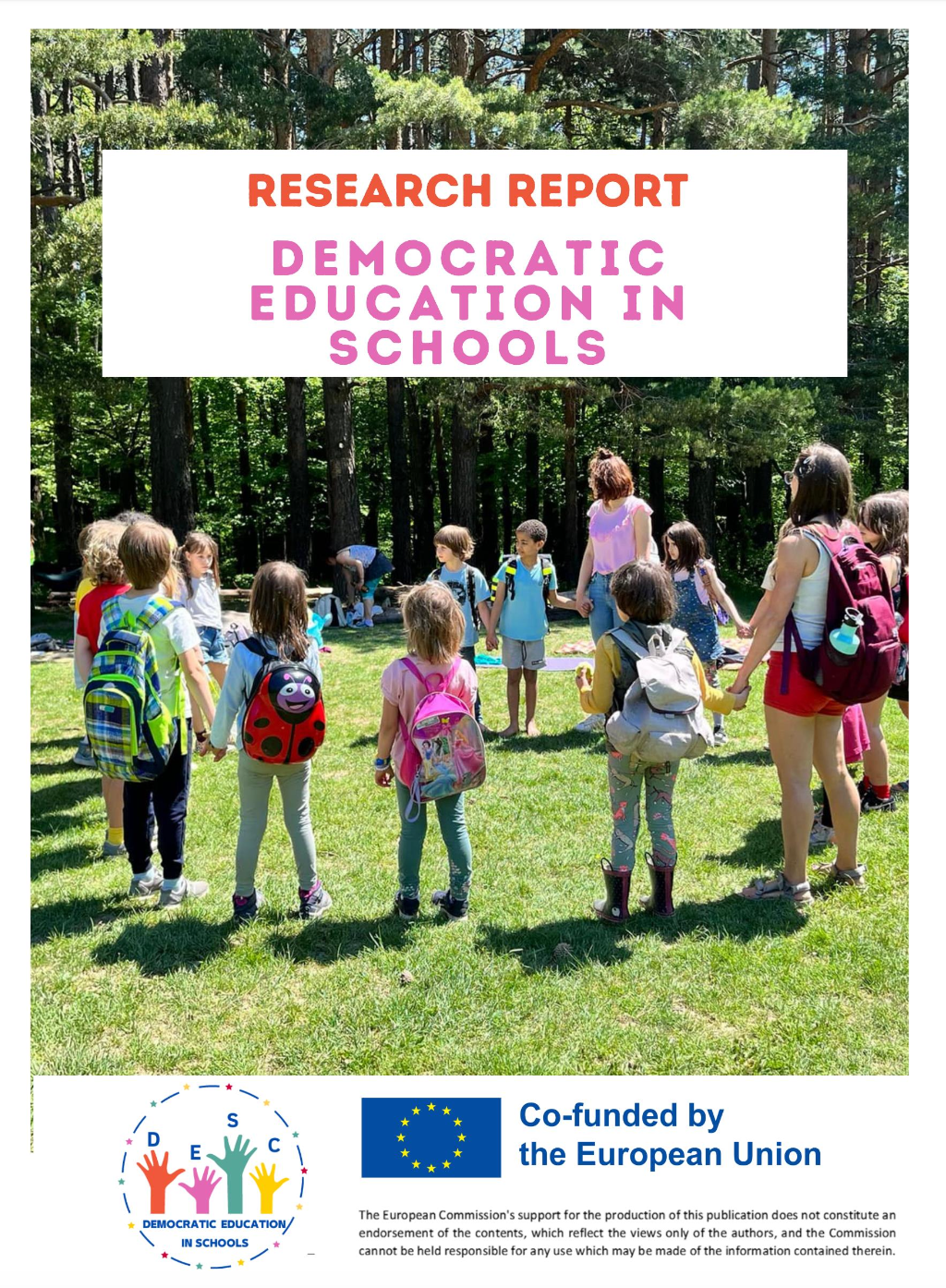The European Sustainability Competence Framework – GreenComp – defines what sustainability is as a competence and how it can be developed through the educational system. The GreenComp places particular attention to the interconnected character of the 12 competence and to the need to embed sustainability skills through the lifelong learning process of an individual. The framework promotes strategies to fill the gap between theoretical knowledge and attitudes, rising awareness on the environmental challenges, encouraging systems thinking and empowering collective and individual actions.

The European Sustainability Competence Framework, or GreenComp, is a policy action outlined in the European Green Deal, that aims to address the gaps in environmental education by identifying a set of Sustainability Competences that can be integrated into educational programs. These competences are designed to help learners develop knowledge, skills, and attitudes that promote sustainable thinking, planning, and action.
Learning for sustainability through the GreenComp:
- enable individuals to think holistically and question the world views underlying the current social, economic and natural systems;
- encourage action individually and with others to transform our society and shape a sustainable future for all;
- embed sustainability skills across disciplines to train the agents of change needed to develop as a society;
Promoting green competences through education and training is crucial in order to pursue the green transition. However, 41% of young people in Europe consider that the schooling system does not provide them with adequate tools to understand climate change, the environmental challenges and ways to act more sustainably.
There is a need to shift towards competence-based educational models that help to develop knowledge and attitude-based sustainability skills, equipping students with necessary tools to address today’s environmental challenges, and building a sustainable and resilient future.
Sustainability as a competence: 12 building blocks
The framework defines sustainability as “a way to prioritise the needs of all life forms, ensuring that human activities do not exceed the limits of the planet’s resources”.
In order to pursue this mission, it is important to take into account how different aspects of sustainability (environmental, social, cultural, and economic) interrelate among each other, and are impacted by individual beliefs, perspectives and behaviors. Therefore, education, intended as a lifelong learning process, plays a key role in building sustainability competences needed to understand that “humans are part of and depend on nature”. (JRC, 2022)
Sustainability competence: empowers learners to embody sustainability values, and embrace complex systems, in order to take or request action that restores and maintains ecosystem health and enhances justice, generating visions for sustainable futures.
The acquisition of sustainability competences by learners of all ages requires a shift in the educational mindset that needs to overcome the cognitive dissonance resulting from passive acquisition of knowledge. In these terms, the GreenComp is not intended to be a prescriptive set of rules to be followed by educators and trainers, but rather a flexible and adaptable reference for learning schemes that foster sustainability as a competence.
The framework identifies 4 interrelated competence areas, and for each indicates 3 key-competences, to be intended as non-hierarchical and equally important.
The resulting set of 12 competences constitutes building blocks of what Sustainability as a competence entails.
The GreenComp competences areas:
- Embodying sustainability values: including the competences valuing sustainability, supporting fairness, and promoting nature.
- Embracing complexity in sustainability: including the competences systems thinking, critical thinking, and problem framing.
- Envisioning sustainable futures: including the competences futures literacy, adaptability, and exploratory thinking.
- Acting for sustainability: including the competences political agency, collective action, and individual initiative.
Learning and teaching the GreenComp:
The interlinked character of sustainability as a competence requires learning environments that put in place transformative and inter-curricular pedagogies, fostering a shift towards a sustainable mindset.
A common characteristic of all competences is that they aim to translate knowledge into practices, empowering learners with abilities to act upon problems and become agents of change. Research has shown that student-centered and project-based learning can strengthen critical thinking, collaboration, agency, and problem-solving skills (Edutopia, 2021).
Moreover, the competences are interrelated among each other and often developed through one another. Therefore, the processes of development and acquisition greatly benefit from interdisciplinary approaches that can guide learners in understanding the interconnectedness of social, economical and natural systems. Analysing real-world case studies, experimenting with games and simulations and cooperating with others, are key practices to grasp the complexity of the world dynamics and their impacts.
Finally, the process of acquisition of sustainable competences equips learners with fundamental skills to understand and act responsibly in today’s world. It is important to raise awareness on the consequences that corrosive and environmentally destructive practices have had, and empower individual and collective sustainable actions that can greatly affect the ecosystem. Young people and children are particularly concerned with the urgency of building a resilient future, promoting the acquisition of sustainable competences will equip them with the tools necessary to engage with actions to protect and preserve the environment, and advocate for fairness and equity worldwide. Therefore, learning outdoors and in natural environments can be beneficial to the process of competence-acquisition, as opportunities to promote connectedness with nature and foster ecological behaviours.
Developing Sustainable Competences: The example of the OUTSIDE project
Acquiring sustainability competences can be an opportunity to embrace alternative and innovative pedagogies that promote a holistic development of the individual. The Open Communities for Sustainable Development (OUTSIDE) is a project that promotes a sustainable entrepreneurial mindset among young students (6-11 years old) through collaboration with local entities. The GreenComp, with other EU frameworks, has been used as a reference point to map out skills acquisition among students, identifying overlapping areas and encouraging a cross-sectorial approach, resulting in guidelines for teachers and educators that wish to embed a sustainable entrepreneurship within the educational system. The project is a successful example of how sustainable competences can be developed through a cross-disciplinary approach that empowers students participation and engagement in their communities.



